Harnessing Social Economy Science for Global Impact
Paris, January 16, 2024 — A groundbreaking discussion unfolded in Paris as part of the ongoing efforts to leverage Social Economy Science for sustainable societal change. The event, co-organized by the HEC Paris S&O Institute and ESCP Business School, was initiated by researchers who collaborated on the book "Social Economy Science: Transforming the Economy & Making Society More Resilient," published by Oxford University Press. It brought forth critical insights into the role of the social economy in addressing contemporary challenges.
Marieke Huysentruyt, HEC Associate Professor in Strategy and Academic Director of the S&O Inclusive Center at HEC Paris, and Gorgi Krlev, Associate Professor of Sustainability at ESCP Business School, spearheaded the conversation. The event aimed to delve into the necessity for different stakeholders to glean from Social Economy Science and explore avenues to support and amplify its influence.
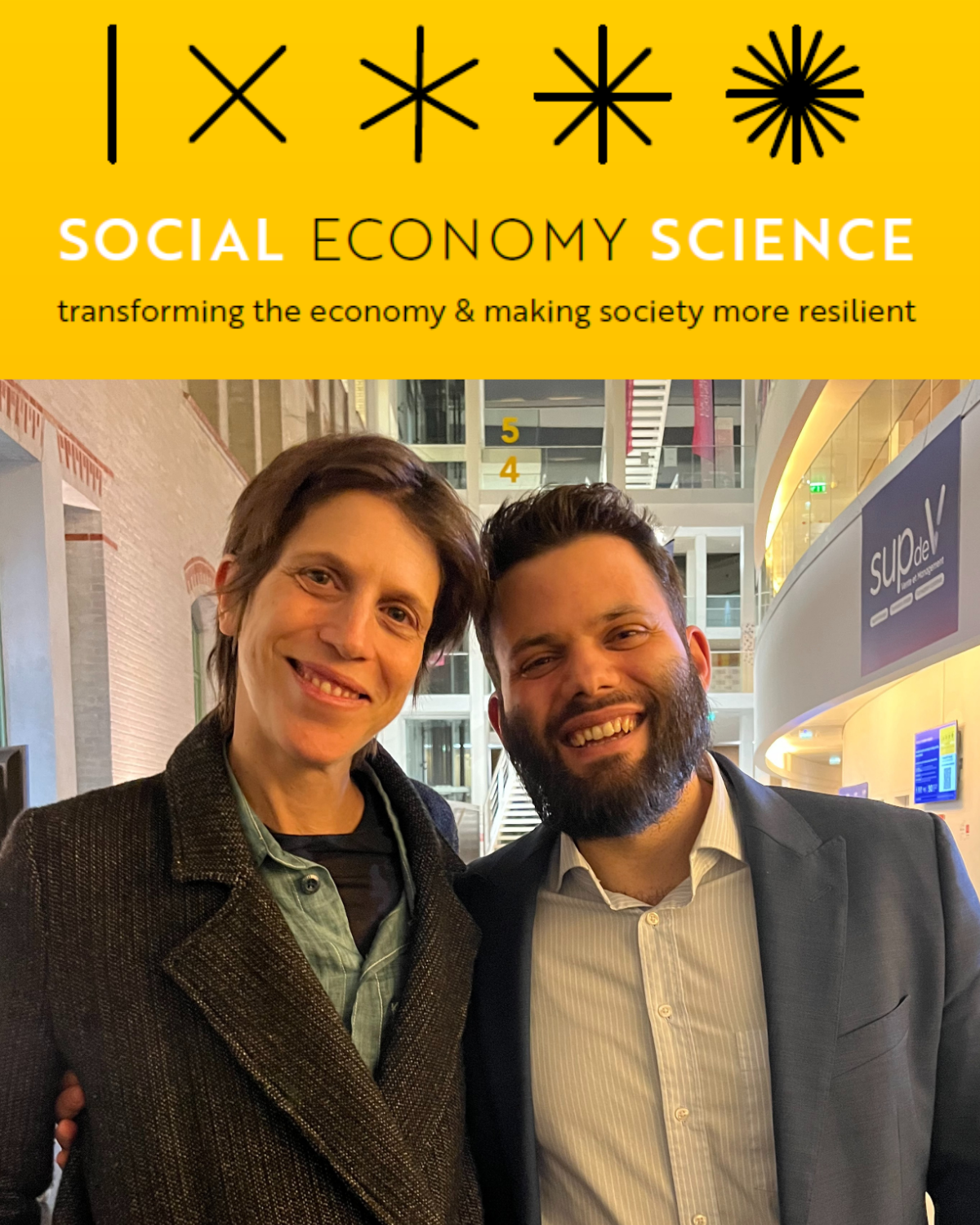
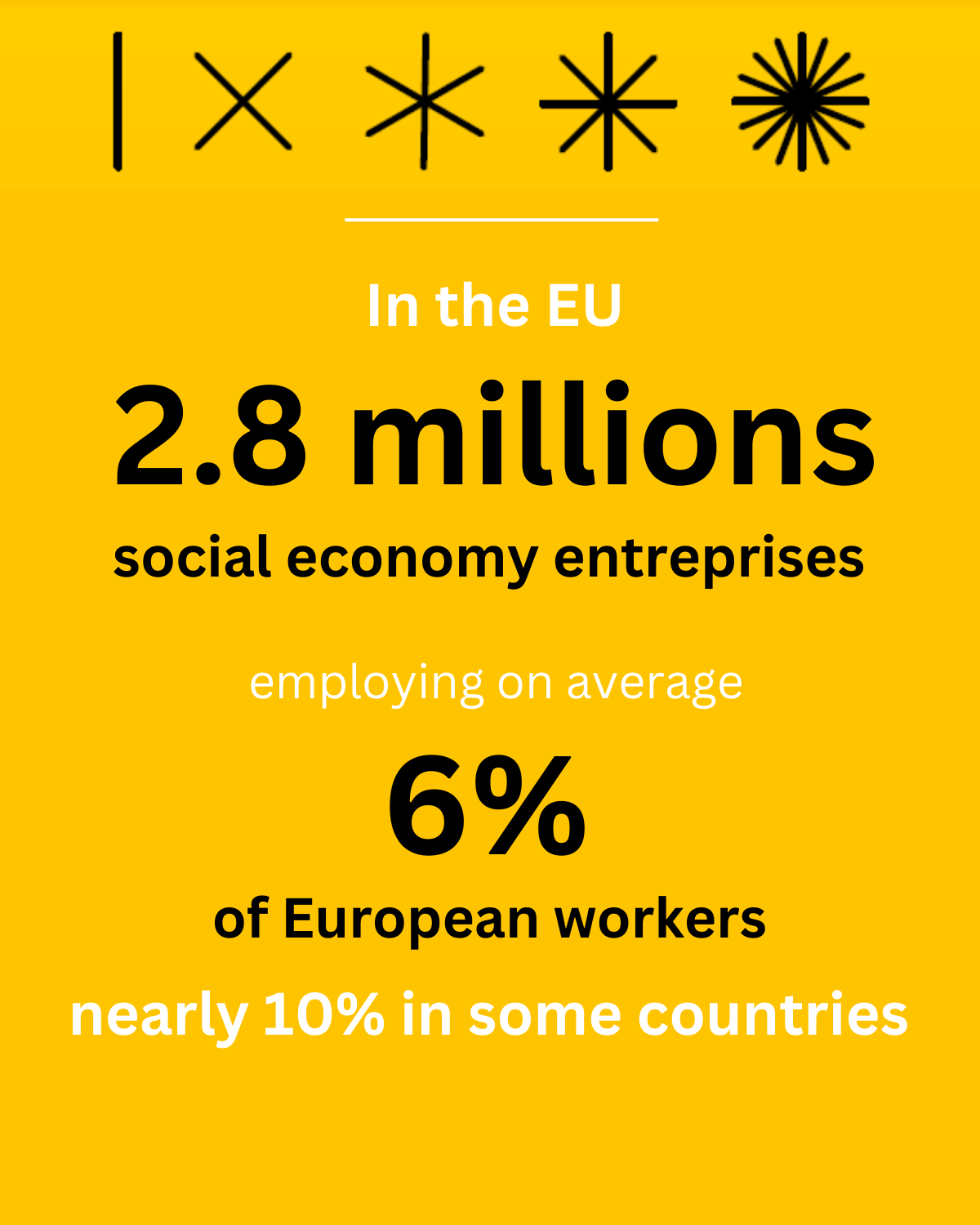
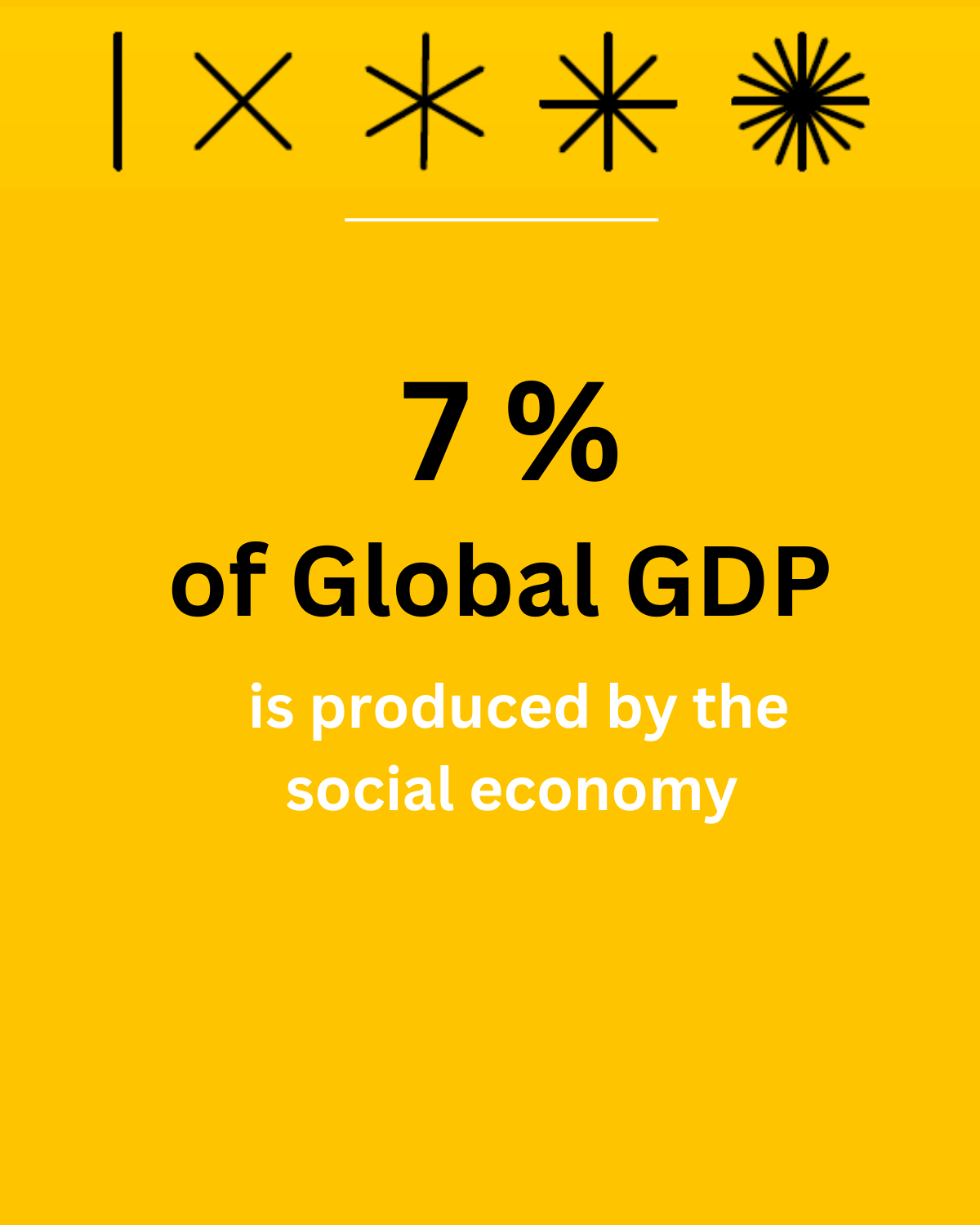
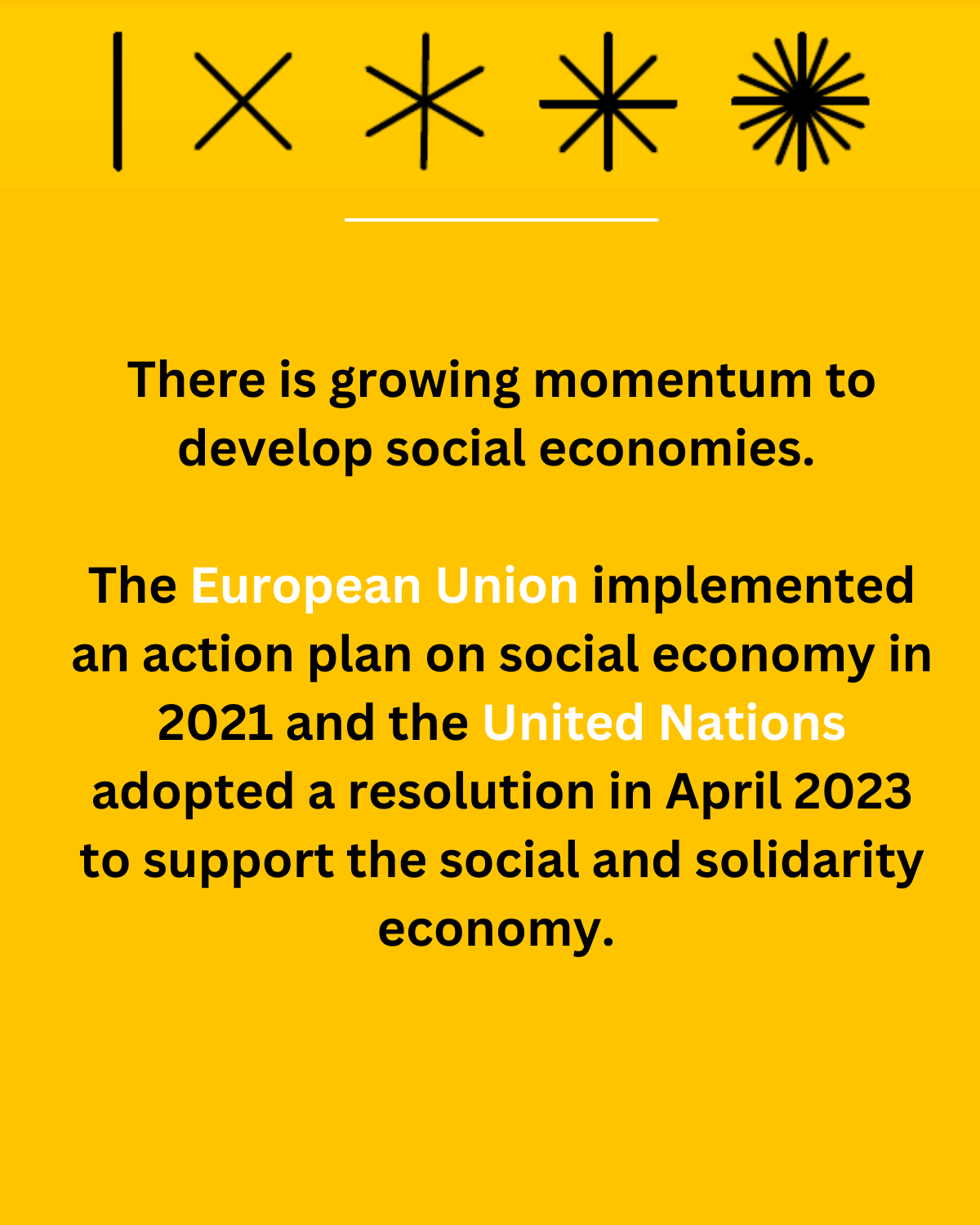
Urgency in Tackling Major Challenges
The evening commenced with a brief presentation and reflections on the book, a platform for policy action, for practical action, and for real change toward sustainability transformation related to both environmental and social issues. Huysentruyt and Krlev emphasized the urgency in tackling major challenges: the integration of refugees and immigrants, inequality, social cohesion, caring for seniors/elderly, inclusion in schools, and combating the loneliness crisis.
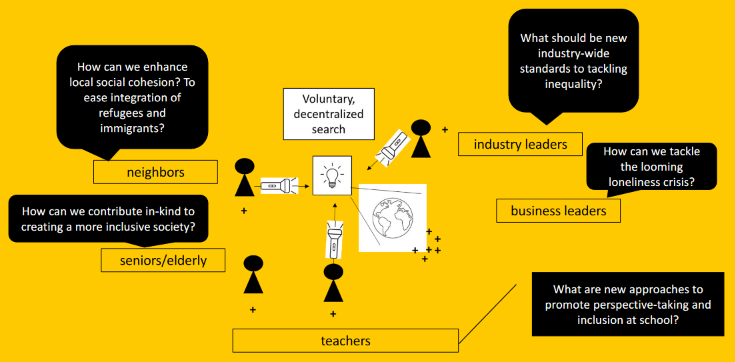
Huysentruyt highlighted the absence of blueprint solutions, urging the need to test ideas and search for innovative solutions while involving decision-makers in the pursuit of the public good. “As academics, we play a crucial role in fostering discussions on the social economy. Our aim is to contribute by analyzing data, collecting field experiences, and highlighting the distinctiveness of social economy innovation. We strive to connect these insights with a wider audience, ensuring that fellow academics can learn from the valuable outcomes of these debates.”
The subsequent panel discussion featured key figures from various sectors, including François Dauriat from the European Commission, Amal Chevreau-Bahij from the OECD, Jacques Berger from Action Tank Entreprise & Pauvreté, and Guillaume Desnoes, President of Communauté des Entreprises à Mission. Each speaker provided valuable reactions and insights, emphasizing the importance of Social Economy Science in shaping policies and driving positive change.
Global Momentum for Social Economy
Key themes explored during the panel included inclusion and cohesion, purpose-driven and values-based initiatives, multi-stakeholder collaborations, and impact measurement and management.
Strategies and actions proposed to grow the impact of the social economy and make it the norm included raising the stakes to incentivize participation, boosting information sharing, promoting prosociality, embracing an uncertainty mindset, progressing impact accounting, and creating enabling policies.
The speakers collectively stressed the significance of the social economy, citing its current contribution of 7% to global GDP and the employment of 10% of all businesses in the EU, employing 6% of the European workforce.
In recent years, there has been a notable surge in interest in the social economy, a concept that has been present for centuries but gained widespread recognition only in the last 5 or 6 years. Embracing uncertainty during the COVID-19 pandemic, social economy agencies responded to urgent needs, highlighting its crucial role. The increased interest calls for policy actions, creating frameworks tailored to the unique needs of social economy organizations. "The UN's global legitimacy for the social economy has further fueled this momentum, encouraging experimentation and providing crucial support," highlighted Amal Chevreau-Bahij.
The European Union's action plan on social economy in 2021 and the United Nations resolution in April 2023 further underline the growing momentum to develop social economies worldwide. François Dauriat from the EU commission explained: "From now on, each member state should have a strategy for the social economy. Report on this strategy every 2 years. Raising the bar is important."
The goal of “Entreprises à Mission” in France is Make the Economy more Social
“1,400 entreprises à mission now exist in France, three and a half years after the implementation of the Loi Pacte law” emphasized Guillaume Desnoes. Ecosystem collaborations is more frequently observed within the social economy. The boundaries of social economy are getting wider. “For instance, said Guillaume, in my field, particularly in elderly care (Alenvi), we are undertaking ambitious initiatives to enhance employee conditions, a crucial step given the challenges in attracting personnel. Similarly, in the food business, companies like Danone and Bell are investing significantly in partnerships with suppliers to promote regenerative agriculture.”
Transforming Accounting for a Resilient Future
One aspect of the key challenge is to progress in impact accounting. A fundamental shift in Key Performance Indicators (KPIs) is imperative. The prevailing frameworks predominantly hinge on monetary and financial metrics to gauge success. Thus, redefining KPIs is essential to align success metrics with the diverse and intrinsic values upheld by various social enterprises and social initiatives.
“The accounting system, devised by the Italians five centuries ago, has seen minimal evolution and offers a limited perspective on reality. We must reimagine accounting to better capture the impact of large companies, beyond just financial considerations. Public budgeting and policy decisions demand innovative approaches to accountability—clarifying why certain policies are chosen over others goes beyond monetary considerations. Although accountability may not seem glamorous, its importance lies in revealing the true impact of decisions, even though the current accounting system provides only a narrow set of indicators,” emphasized Jacques Berger.
As the conversation unfolded, it became clear that Social Economy Science is a catalyst for positive societal transformation, and collaborative efforts are essential for creating a resilient and sustainable future. The event concluded with a call to action, urging stakeholders from various sectors to actively engage in the ongoing dialogue and contribute to the advancement of social economy principles worldwide.
| A word from an HEC Alumni who came and enjoyed the event. Jay Chen, H.23, Alumni from the Master in Sustainability and Social Innovation: “In my new job for BSR agency, I work with major consumer goods companies like Coca-Cola, Unilever, and Nestle in the Fair Circularity Initiative. The goal is to integrate informal waste workers into the supply chains of these companies, addressing issues like inadequate protections, human rights concerns, and the lack of proper equipment for these workers. The initiative aims to ensure a just transition, emphasizing women's empowerment and opportunities for women in management positions within the waste management field.” |